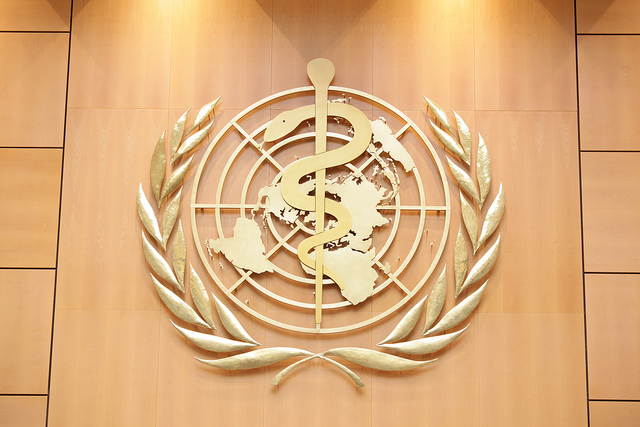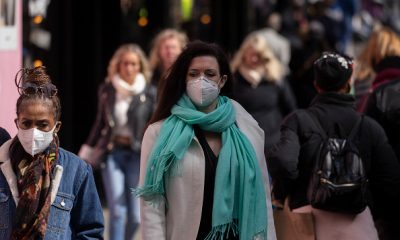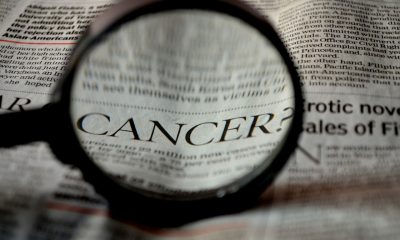The World Health Organization (WHO) plans to rename the disease monkeypox, and it wants to hear some suggestions from the public before making the big move.
The United Nations health agency said Friday that it’s holding an open forum to rename monkeypox. It has already renamed two families, or clades, of the virus using Roman numerals instead of geographic locations. The agency wants to rename the disease next.
Per the WHO, the version of the virus formerly referred to as the Congo Basin will be called Clade one or I moving forward. The West Africa clade, on the other hand, will be called Clade two or II, ABC News reported.
The decision to rename the disease comes amid concerns over derogatory and racist connotations of its original name. The agency also hopes that this would prevent stigmatization.
The organization met with scientists earlier this week to discuss the best practices for naming diseases, so they could “avoid causing offense to any cultural, social, national, regional, professional, or ethnic groups, and minimize any negative impact on trade, travel, tourism or animal welfare.”
According to the agency, “anyone wishing to propose new names can do so” through its open consultation. The forum is open to the public, and everyone is allowed to submit ideas through this online portal.
The move did not come as a shock since the WHO announced nearly two months ago that it was planning to rename the virus amid calls from international scientists and public health officials worried over the harmful stigma that comes with its name, as per Bloomberg.
Monkeypox got its name in 1958 when research monkeys in Denmark developed a “pox-like” disease even though they were not thought to be the animal reservoir of the disease.
Since May, health experts have determined more than 31,000 cases of monkeypox outside of Africa. The agency officially declared monkeypox an international emergency in July. Meanwhile, the U.S. declared it a national emergency earlier this month.
Around 98% of the cases reported outside of Africa were of men who have sex with men. Authorities have since encouraged the at-risk population to get vaccinated amid the outbreak.















